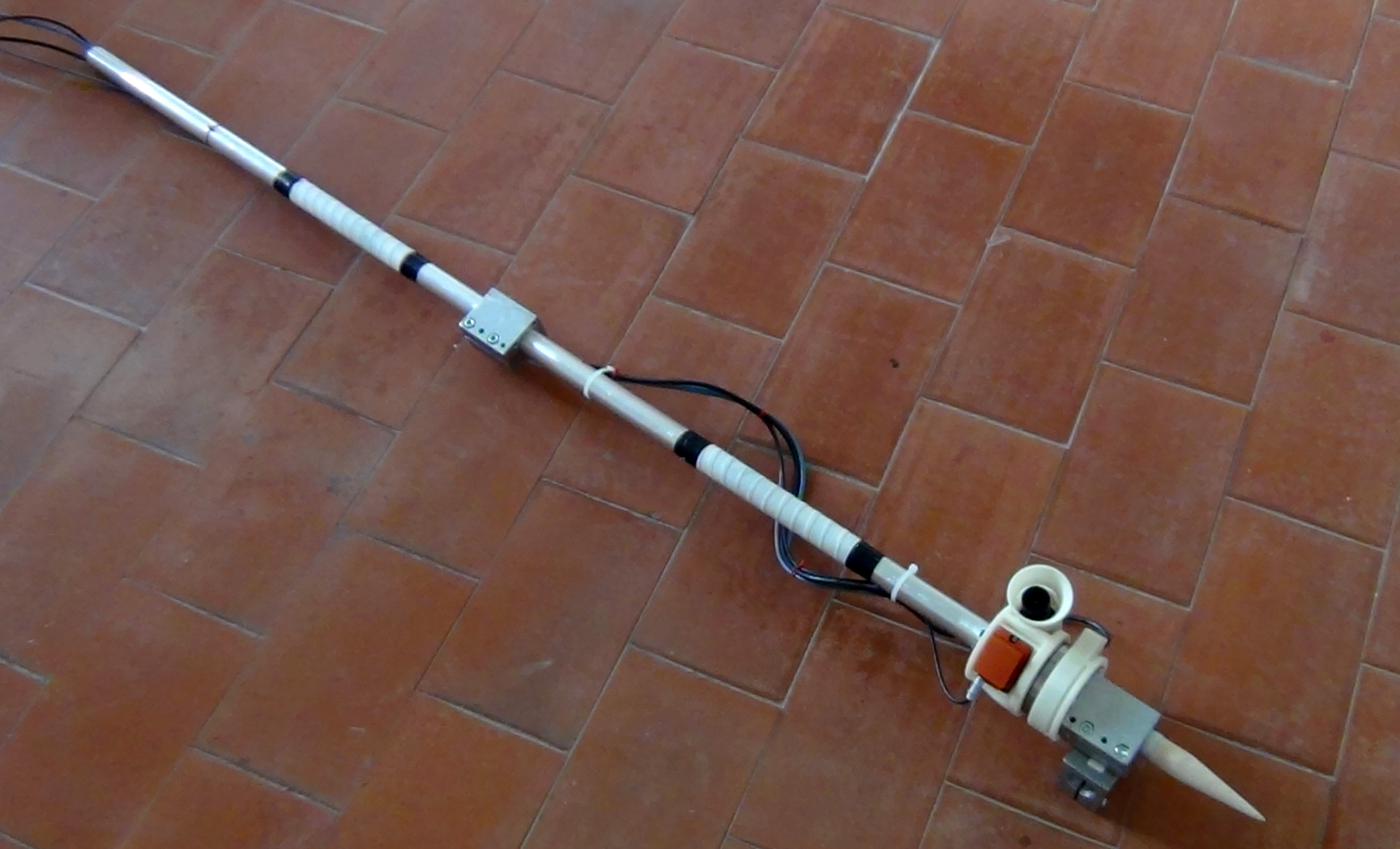Neanderthals killed animals with spears at close range
High-tech measurements made by ETH Zurich engineers helped anthropologists explain how Neanderthals killed the animals they hunted.
Neanderthals hunted with wooden spears, but they didn’t throw them – they used them to kill animals at close range. This is the conclusion that an international research team led by scientists from the Monrepos Archaeological Research Centre in Neuwied, Germany has reached. The team, which included scientists from ETH Zurich, published its findings in the latest issue of the journal external page Nature Ecology & Evolution.
The researchers analysed two 120,000-year-old fallow deer skeletons that were found in Germany bearing hunting injuries. They also conducted ballistic experiments on non-historical deer bones and artificial bone material and compared these with the archaeological finds.
A doctoral student and an ETH Master’s student who work with Jonas Buchli, a Professor at the Institute of Robotics and Intelligent Systems at ETH Zurich, developed a special piece of measuring equipment: they equipped a wooden spear with a range of sensors, used among others in flying robots, including an accelerometer and a camera. Scientists and trained Chinese martial arts practitioners used these high-tech spears to strike the bone material with a range of blows of varying force.

Thanks to the sensors, the researchers could measure how and at what speed the spear moved through space as well as calculate its impact energy. They then studied the relationship between these measurements and the patterns of bone destruction, which helped them to understand the Neanderthals’ hunting technique.
You can find further information in a external page press release from the Roman-Germanic Central Museum (in German).
Reference
Gaudzinski-Windheuser S et al.: Evidence for close-range hunting by Last Interglacial Neandertals, Nature Ecology & Evolution, 25 June 2018, doi: external page 10.1038/s41559-018-0596-1
Comments
No comments yet